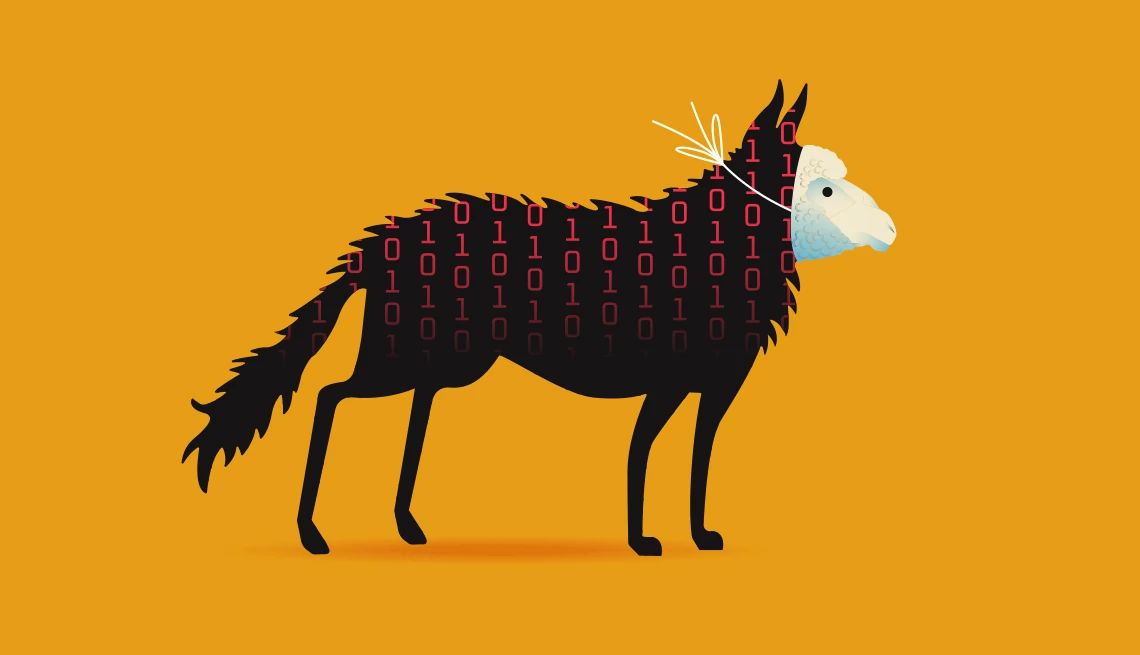AARP Hearing Center


Impostor scams are exactly what they sound like — criminals pose as someone (or something) else to try to convince you to send them money.
This is consistently one of the top three types of fraud reported to the Federal Trade Commission (FTC), with losses in this category totaling nearly $3 billion in 2024 (the numbers are likely far higher because scams are notoriously underreported). While people of all ages report losing money to impostor scams, older adults are far more likely to lose tens or even hundreds of thousands of dollars. The combined losses reported by older adults who lost more than $100,000 increased eightfold, from $55 million in 2020 to $445 million in 2024, according to the FTC.
In a new alert, the FTC notes a growing wave of government and business impersonation scams aimed squarely at retirees’ life savings.
How impostor scams work
Impostor scams generally start with an unsolicited email, phone call, text or social media message. Scammers impersonate people and organizations you would ordinarily trust, or at least hear out.
They say that resolving the problem or claiming the prize is a simple matter of making an immediate payment or providing personal data such as a Social Security or bank account number.
Join Our Fight Against Fraud
Sign up to become a digital fraud fighter and help people 50 and older identify and avoid scams.
Most impostor scams are quick hits — the goal is to cajole or frighten you into making a rash decision, then disappear. But some criminals create entire fake personas on dating sites or social media and then invest weeks in cultivating relationships online. The method is different, but the end is the same: The impostor will eventually ask for money, for a reason that sounds plausible and by a method that’s probably not traceable.
10 common impostor scams
Criminals might adopt any number of guises, including:
1. A government official. Impostors will often claim to be officials from the Social Security Administration, Medicare or the IRS. They may say you are in danger of losing benefits, owe back taxes or have missed jury duty. The FBI warned of impostors who approached fraud victims claiming to be from the agency’s Internet Crime Complaint Center (IC3.gov) who could help them recover funds.


































































More from AARP
The Unvarnished Truth About Scams in 2025
Today’s fraud criminals are sophisticated and serious about stealing your money
No, Mavis W Wanczyk Is NOT Giving Away Money
Criminals pretend to be big-time lottery winners to share their wealth
What to Do After You’ve Experienced a Scam
Secure your data post-scam with these vital steps